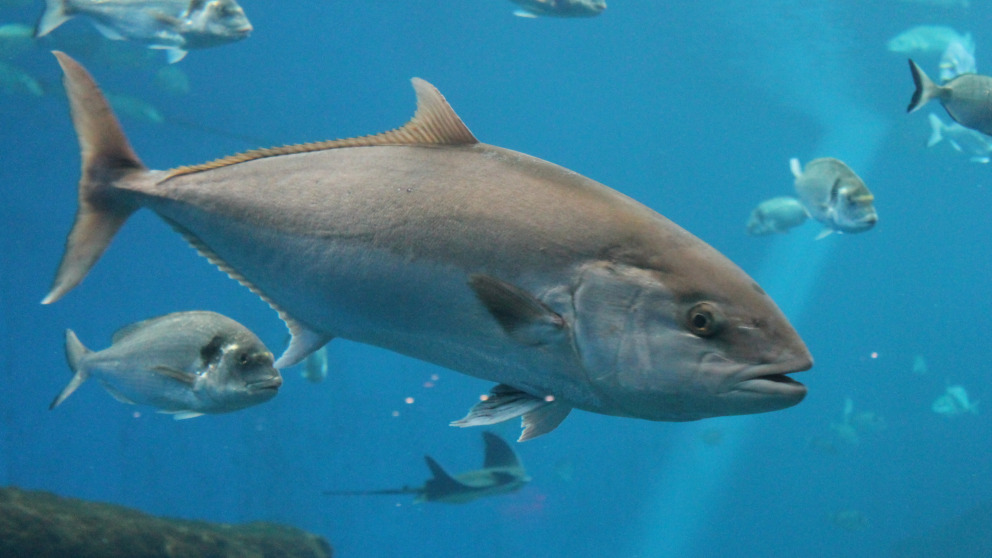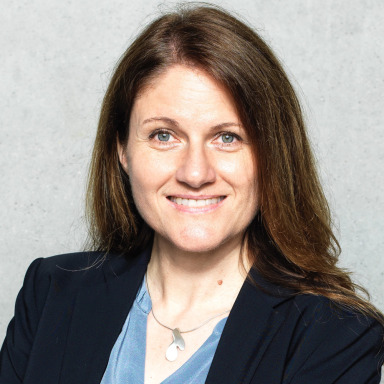From Voluntary Commitments to Ocean Sustainability: IASS Researchers Propose Global Registry and Uniform Monitoring System
08.01.2019
Our human livelihoods depend on the oceans, and the conservation of this vital resource is one of the 17 sustainable development goals (SDGs), which together form the 2030 Agenda for Sustainable Development. In order to achieve SDG 14, the sustainable use and development of the world’s oceans, a plethora of voluntary commitments have been made in recent years. IASS researchers Barbara Neumann and Sebastian Unger have studied these voluntary commitments. Their findings and recommendations for improving the existing system have now been published in the prestigious journal Science.

Two international processes have played a key role in harnessing voluntary commitments to conserve the oceans: The United Nations (UN) Ocean Conference and the Our Ocean series of conferences initiated in 2014 by then U.S. Secretary of State John Kerry.
The first UN Ocean Conference took place in New York in June 2017 on the initiative of Sweden and Fiji. By November 2018, it had prompted almost 1,500 voluntary commitments, including pledges to take measures against marine pollution, create marine protected areas, and intensify marine research. At the Our Ocean Conference in Malta in 2017, 437 similar commitments were made, many with the promise of financial backing.
These voluntary commitments can help to raise awareness of the importance of marine conservation, promote engagement, and catalyse political will for action on the part of states as well as the public and private sectors. However, in the absence of an effective and transparent monitoring system, it will be difficult to determine which of the agreed commitments have in fact been implemented and what has been achieved in the process. In the absence of such a system, ensuring the effectiveness and usefulness of the agreed measures is challenging.
A centralised catalogue of standard criteria would allow us to compare the voluntary commitments, measure progress towards their implementation, and prevent them being registered multiple times in different processes. While the UN Ocean Conference and the Our Ocean series both have their own registration process with defined criteria along which commitments should be formulated, the two processes are not harmonised either in terms of the data gathered or the standards for acceptance and registration of commitments. There is also no possibility of linking the registered pledges to existing environmental baseline data in order to identify trends in the implementation of the UN Sustainable Development Goal for the Oceans.
The coexistence of different processes with different objectives and standards complicates comparability and verifiability, with the result that the potential of the commitments cannot be fully exploited. Moreover, to be in a position to assess what political steps are required and where supplementary measures would be of benefit, we need an overview of the state of play with regard to all the voluntary commitments made.
That’s why the authors are proposing a unified and comprehensive global registry for voluntary commitments to ocean conservation. The existing systems of the UN Ocean Conference and Our Ocean series can serve as a strong basis for this registry. In order to identify trends and measure progress towards the achievement of goals, this new system should be linked to existing data on the marine environment and also seek synergies with reporting systems for other goal-based policy frameworks such as the Paris Agreement on climate change and the post-2020 biodiversity framework.
The IASS researchers believe that this system should be part and parcel of a comprehensive post-2020 strategy for the achievement of the Oceans Goal by the global community by 2030.
The Science article can be found here: http://science.sciencemag.org/cgi/doi/10.1126/science.aav5727
